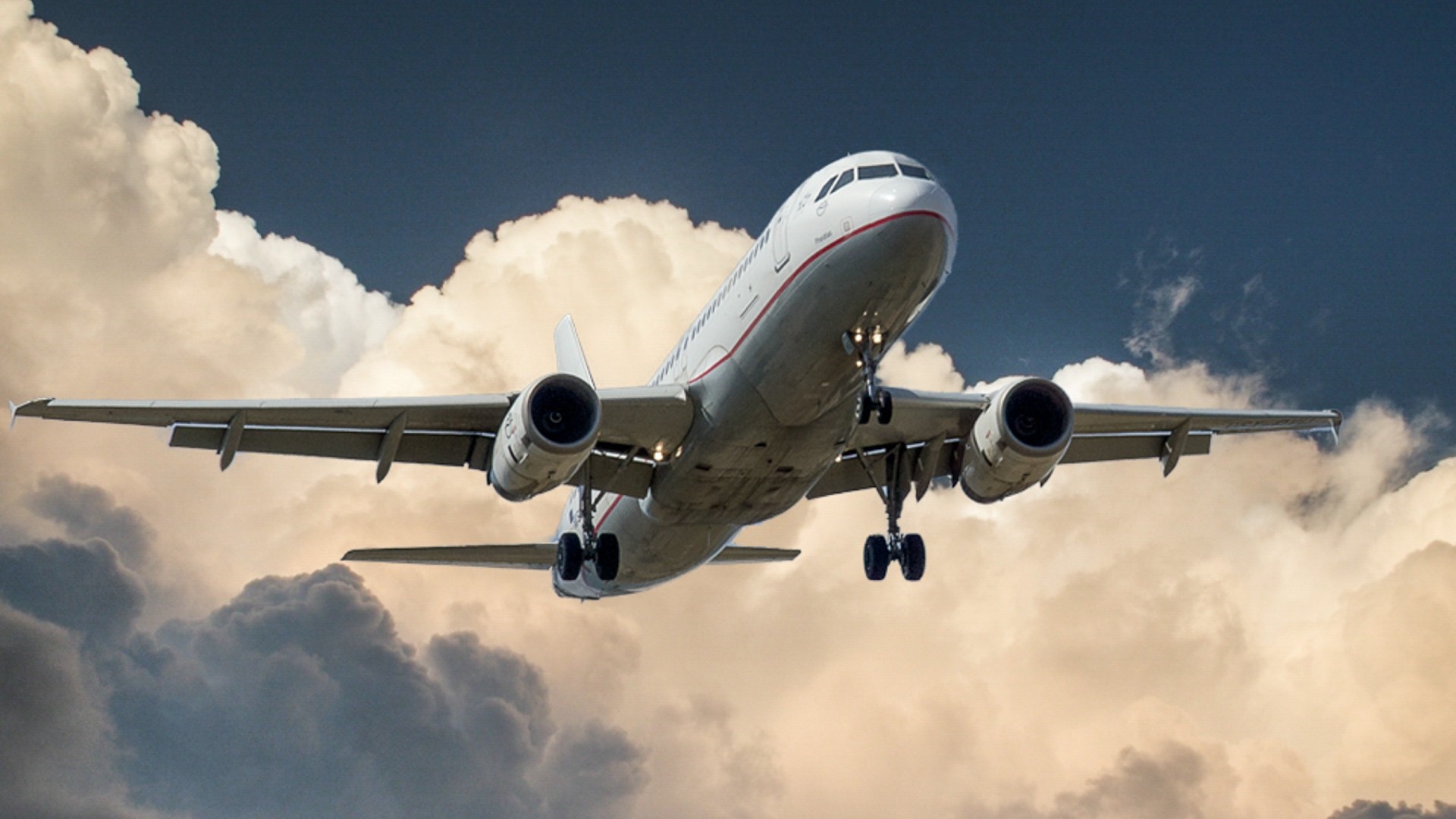Assistance to airlines will be finalized with the Treasury after Carnival, says Ports and Airports minister
Text commented by Bruno de Queiroz - Executive Director of Galeazzi & Associados
The aviation market is well known to be highly capital-dependent anywhere in the world. Moreover, this segment is one of the most volatile when it comes to business profitability, especially in Brazil, where companies are exposed to exchange rate variations.
Not surprisingly, in recent years, we have seen several airlines operating in Brazil needing to resort to judicial recovery to restructure their operations, such as Avianca, Latam, and now Gol.
This news reported by InfoMoney shows that the government has been discussing a potential bailout for airlines, which should be finalized after Carnival, with significant financing from BNDES.
In my view, taking on more debt does not seem like the most appropriate path. The problem is much more complicated and relates to operational aspects that ultimately affect the profitability of companies.
The solution needs to involve various points, and here I bring my perspective on some issues that could be part of a solution.
The government, in theory, should be concerned with ensuring a regulatory environment that is more suitable and coherent with the current state of the sector. An example is the obligation for airlines to operate known deficit flights just to maintain their right to the slots granted.
After the pandemic, there has been a clear decrease in demand for flights, especially corporate ones, on routes with high frequency, such as the air shuttle. Anyone who frequents airports currently notices this and observes a high volume of flight cancellations, which obviously must be operating at low capacity.
So why doesn't ANAC choose to review resolution 682 and relax the rules for maintaining slots, allowing airlines to adjust their supply to real demand?
This would allow for a more rational use of aircraft, ground crews, flight crews, as well as adjustments to ticket sales structures, among others. It may even be that, with adjusted supply, there would be some accommodation in the prices charged.
Additionally, some purely political decisions are highly questionable (such as restricting flights at Santos Dumont to try to make Galeão viable, which also affects the economic relations of companies) and this new proposal to create $200 airfares for retirees and pensioners.
The latter, while commendable, will only bring more imbalance to the economic matrix of companies, causing other passengers to pay for this subsidy. The math simply doesn't add up.
I believe we should be discussing ways to improve the business environment of sectors in our economy, instead of thinking about how we are going to further leverage companies with public money without having financial sustainability in their operations.
It seems to me like an invitation to (further) future crises.
I hope this discussion makes you reflect on the subject.

(Source: Infomoney, 2024)
Click here to read the full article
More articles
- What does the most feared man in Brazilian companies think?
- Lessons from Cláudio Galeazzi, expert in saving companies
- Stelleo Tolda: Tranquility to earn billions
- How to predict whether recovering companies will have a happy ending
- TMA Debate on YouTube - Debt Restructuring - Participation of Luiz Galeazzi


